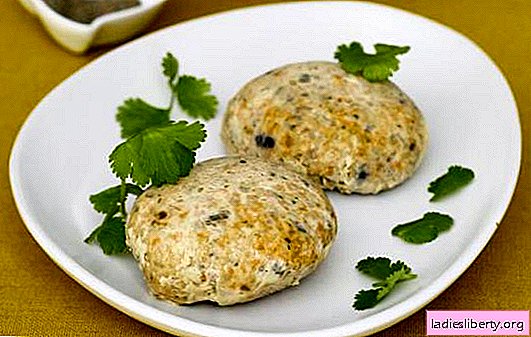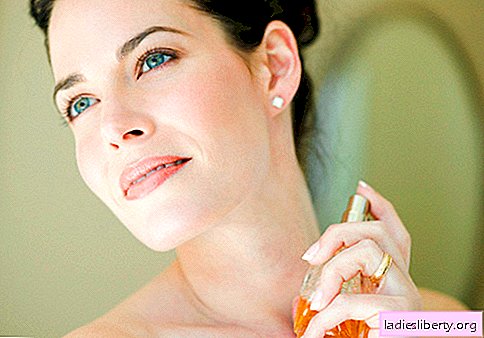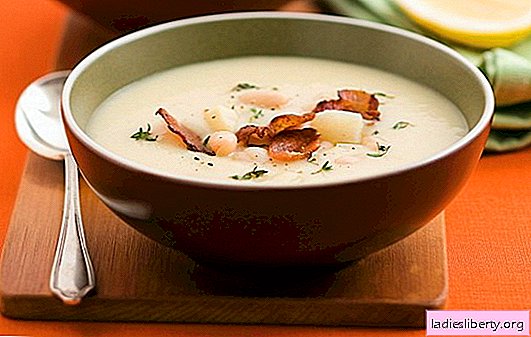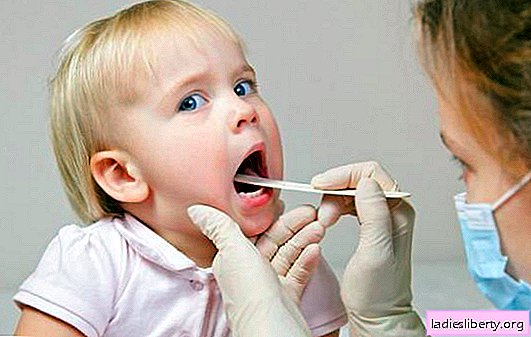
Many diets and recommendations of gastroenterologists are based on the fact that they contain restrictions on the use of whole milk. Fat and sour milk products are advised for children and adults.
However, the journal Lancet presents scientific studies that refute such opinions. For this, more than 136,000 participants from 21 countries were involved, they have been monitored for ten years. At the same time, it was revealed that whole milk products contribute to a decrease in the level of cardiovascular diseases.
These data cast doubt on many popular theories that it is better to use skim milk, kefir, cottage cheese and sour cream, as well as other dairy and sour-milk items.
Similar assumptions have arisen due to the fact that milk contains saturated fats, which can affect the occurrence of atherosclerosis. But their lack and unbalanced nutrition are much more dangerous for the body, this leads to a weakening of memory and motor activity.
The use of two or more servings of dairy products with normal or high fat content reduces the presence of cardiovascular problems by 22%, stroke - by 34%. One serving is a glass of milk or yogurt (200 ml), a spoonful of butter or a slice of hard cheese 30 g.
Leading specialist in this study, Mashlid Deghan from McMaster University in Ontario, argues that current dietary standards should be seriously reviewed and full milk returned to the daily diet.
Editorial Opinion: We have long suspected that diet marketers are able to invent and promote any hypothesis in order to arouse the interest of buyers. Therefore, we are very pleased that whole milk was “rehabilitated” and returned to the list of healthy products. No wonder it is said that nature cannot be fooled, for many generations the optimal composition of milk has been created so that it is nutritious and is normally absorbed.
Drink it to your health!











